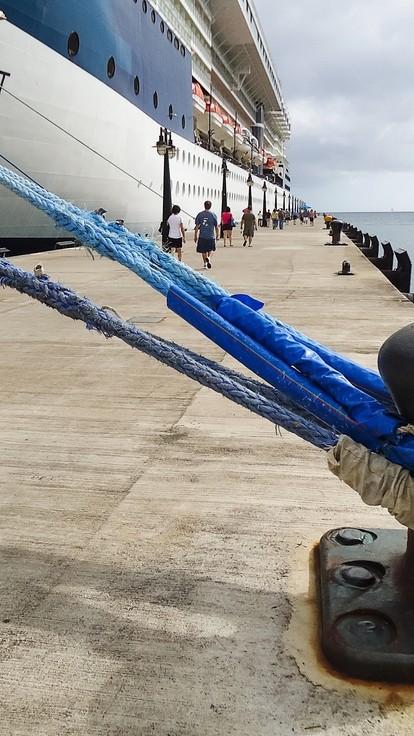Ian Rollitt (trading as CD Consult) -v- Christopher Leonard Ballard [2017] EWHC 1500 (TCC)

Details
This case required the High Court to consider the impact of non-payment of an arbitrator’s fees, on the claimant’s application for an extension to the statutory period of 28 days to challenge an arbitrator’s award (pursuant to section 70(3) of the Arbitration Act 1996 (the Act)). In weighing the issues, Mrs Justice O’Farrell DBE also considered whether there had been a serious irregularity in the arbitrator’s decision to make a costs award whilst the outcome of the extension application was still pending.
Factual background
A dispute arose as to fees pursuant to a contract for project management services between the parties, and the claimant issued a notice of arbitration in November 2010. In February 2016, the arbitrator made rulings on substantive jurisdiction leading to the conclusion that the arbitration agreement in the contract was invalid.
The arbitrator issued his award on this preliminary issue on the 12 May 2016 and made clear that the award would be published on his receiving cleared payment of his fees of just over £4,000, for which both parties were jointly and severally liable under the terms of engagement. The arbitrator reiterated this requirement, by email to both parties, more than a month later, following which the claimant sent a cheque by post on 19 July 2016. The arbitrator then issued the award on 8 August 2016, once the funds had cleared.
On 5 September 2016, the claimant issued an application for an extension to the statutory 28 day period to challenge the award, which had expired on 9 June 2016, shortly after which the defendant applied for a costs award. This led the claimant to invite the arbitrator to await the outcome of the arbitration challenge before proceeding to deal with the defendant’s costs. However, the arbitrator declined to do so and issued a costs award on 24 October 2016 which the claimant then challenged on the basis of serious irregularity.
Legal issues
Mrs Justice O’Farrell applied the test laid down by Popplewell J in Terna Bahrain Holding Company WWL -v- Al Shamsi [2012] EWHC 3283 and considered that the 88 day delay, while not deliberate, was substantial, especially when compared to the relatively short 28 day period provided for in the Act. On investigation, the court found that the claimant had no reasonable explanation for the reasons for the delay beyond the initial period, which were predominantly due to the parties’ dispute over who was responsible for payment of the (very modest) arbitrator’s fees. However, the claimant then caused further delay by deciding to post payment by cheque rather than effect a faster form of transfer, followed by an unexplained delay of another month between the published award of 8 August 2016 and the claimant’s application on 5 September.
The court affirmed the principle in S -v- A&B [2016] EWHC 846 that any party wishing to reserve their right to challenge an award must ensure the award is taken up in time. The claimant in this case would have been aware of the requirement to pay all of the fees if the defendant declined to do so. Mrs Justice O’Farrell allowed additional evidence in support of the extension, but went on to state that it made no difference to her finding that the claimant was responsible for the delay. The claimant’s application for an extension was therefore refused.
When considering whether the arbitrator’s decision to make a costs award before determination of the jurisdictional challenge was a serious irregularity, the court found that the claimant’s complaint fell far below the threshold imposed by section 68 of the Act. The arbitrator had a wide discretion and gave both parties an opportunity to make submissions on costs. Therefore there was no procedural unfairness and no resulting injustice, and the claimant’s application to challenge on this ground also failed.
Comment
The High Court reminded itself in this case that the strict limits for challenges to arbitration awards exist to reflect the stated purpose of the Act, which is to obtain a fair resolution of disputes by a tribunal without unnecessary delay or expense, and to promote the finality of awards. It is clear that the courts will not hesitate to investigate thoroughly, the reasons behind any delay to an appeal, and that potential appellants must take full responsibility for progressing any challenge within the timetable allowed, including paying fees promptly in order to secure their rights.
This article originally appeared in the October 2017 edition of shipping case digest. Other articles include:
Assuranceforeningen Skuld ( Gjensidi) & Or -v- Remalmog & Ors [2017] EWHC 2304






